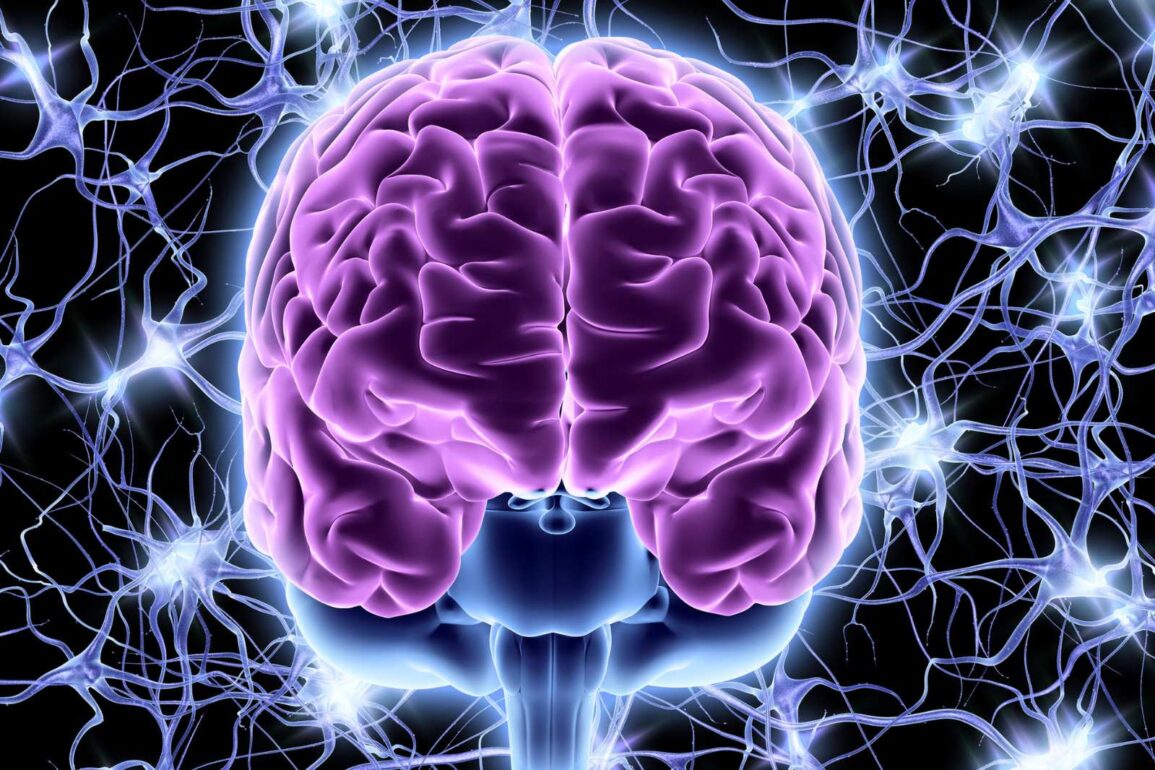CBD’s duration in the body depends on dosage, CBD form, and individual factors like body composition and metabolism. Depending on these factors, CBD stays in your system for a longer period of time.
How Long Does CBD Stay in Your System : The presence of CBD in an individual’s system can range from a few hours to approximately a month, contingent upon the dosage and administration method employed.
The half-life of CBD in the body can span from roughly one hour to as long as five days, according to a trusted source. As soon as half of a substance is eliminated from the body, it is considered to have a half-life. Typically, a drug is eliminated within four to five half-lives, as per a trusted source.
CBD sprays and drops exhibit a half-life of 1.4 to 10.9 hours. However, when CBD products are consumed orally over an extended period, their half-life may extend to 2 to 5 days. In the case of CBD consumption through smoking, the half-life is typically 31 hours.
As a result, CBD sprays may persist in the body for anywhere between 10 hours and roughly 2 days. If CBD is consumed chronically orally, it can remain in the system for a period of 10 to 25 days. One week is the average duration of CBD’s stay in the body after smoking.
In addition, these estimates are based on general trends and not on individual experiences. Various factors can affect how long CBD stays in the body, so a healthcare professional can provide personalized information.
Table of Contents
- What affects how long it stays in your system?
- How long does it take for the effects to kick in?
- Duration of CBD Effects: How Long Do They Last?
- Will CBD show up on a drug test?
- Can I breastfeed while I’m pregnant?
What affects how long it stays in your system?
Determining how long CBD remains in your system involves several variables that contribute to its presence and elimination.
Dosage and Frequency of Use
Similar to other substances, the dosage plays a role in the duration of CBD in your system. Higher doses tend to prolong its presence.
Additionally, the frequency of CBD use impacts its duration. Regular usage leads to CBD accumulation, requiring at least a week of consistent use to gauge its effectiveness. Occasional use results in faster clearance.
Individual Body Characteristics
Individuality matters when it comes to CBD and its effects. Depending on your body mass index, water content, and metabolism, CBD can stay in your system for a longer or shorter period of time.
Impact of Food
The type, quantity, and timing of your meals can affect CBD’s presence. Consumption of food delays the peak concentration of CBD in the bloodstream, often resulting in higher levels compared to fasting states. The elimination of CBD is also slower during fed states.
Method of Administration
The method you choose to consume CBD influences both the onset and duration of its effects, as well as its duration in your body.
Different CBD Forms
CBD comes in various forms, including oils, tinctures, pills, capsules, edibles, vaping, and topicals.
When vaping CBD (not recommended), it swiftly enters your lungs, takes effect promptly, and leaves the body quickly. Oils and tinctures placed under the tongue quickly enter the bloodstream, and their effects last longer.
Edible CBD products undergo metabolism in the digestive system, resulting in a delayed duration. As creams and lotions absorb and are eliminated from the body, they take longer.
In conclusion, a number of variables, such as dosage, frequency of use, unique body characteristics, food consumption, and the administration method, affect the duration of CBD in your system. Understanding these variables can provide insights into how long CBD may remain in your system. Consult a healthcare professional if you need personalized advice.
How long does it take for the effects to kick in?
The same factors that determine how long CBD stays in your system also affect how long it takes for its effects to appear.
The specific form of CBD, dosage, and individual body composition all contribute to the variability in onset time and the way it affects each person.
In general, when vaping or using CBD sublingually, you may start feeling the effects within approximately 15 minutes. However, when consuming edibles or applying topical products, it can take up to an hour or two for the effects to kick in.
Duration of CBD Effects: How Long Do They Last?
A person’s response to CBD depends on a variety of factors, including their personal characteristics, dosage, and administration method. Typically, the effects of CBD can persist for a period ranging from 2 to 6 hours.
Will CBD show up on a drug test?
The likelihood of CBD showing up on a drug test depends on the type of drug test being conducted and the specific formulation of the CBD product being used. It is common for standard drug tests to detect the psychoactive compound in cannabis, known as THC. As opposed to THC, CBD is non-psychoactive and usually doesn’t cause a positive drug test.
There are some CBD products that may contain trace amounts of THC, so it’s important to know what you’re purchasing. While these levels are generally very low (0.3% or less) due to legal regulations, there is still a small chance that consuming large amounts of CBD or using a CBD product with higher THC concentrations could result in a positive drug test for THC.
If you are concerned about the possibility of CBD showing up on a drug test, it’s advisable to choose CBD products that are labeled as THC-free or undergo third-party testing to verify their THC content. Additionally, it’s recommended to inform your employer or the entity conducting the drug test about your CBD usage to ensure proper interpretation of the results and any necessary follow-up actions.
Can I breastfeed while I’m pregnant?
Breastfeeding is not recommended when using CBD. If you intend to breastfeed in the future, you should avoid CBD for at least one week before initiating breastfeeding.
As a result of limited studies on the effects of CBD on breastfed infants, the Food and Drug Administration (FDA) strongly discourages using CBD during this period. Current evidence suggests that some CBD compounds can pass into breast milk, potentially impacting the baby.
CBD products may also contain THC and other substances that could be harmful to infants who are breastfed. Ongoing research aims to provide further insights, but until experts have a more comprehensive understanding, it is safest to avoid CBD use while pregnant or breastfeeding. Prioritizing the well-being and safety of both the mother and the child is paramount to making informed decisions regarding CBD usage during breastfeeding.
Disclaimer – The contents of this article are provided solely for informational purposes and should not be considered medical advice. It is important to note that the information presented here is not meant to diagnose, treat, cure, or prevent any disease. Prior to embarking on any new health-related regimen, Always consult your healthcare provider before trying new supplements or treatments. Keeping you safe and well is our top priority. Additionally, it’s important to note that the FDA has not endorsed any claims regarding the health benefits of cannabis. Delta8Hub makes no guarantees or warranties regarding the accuracy, completeness, or usefulness of any messages contained here in

